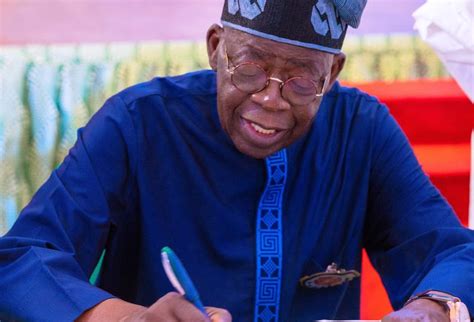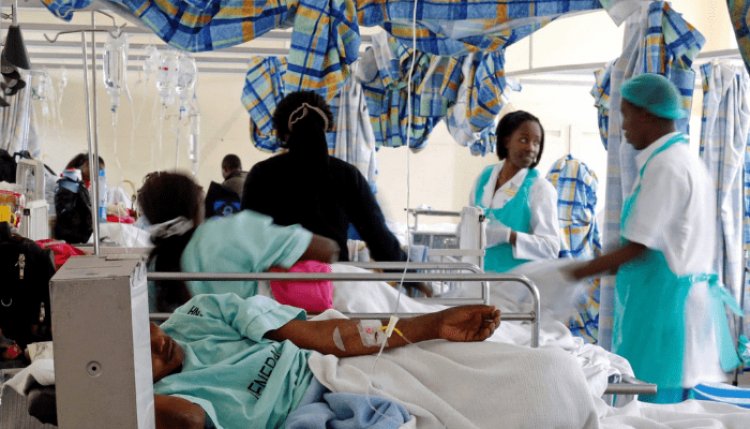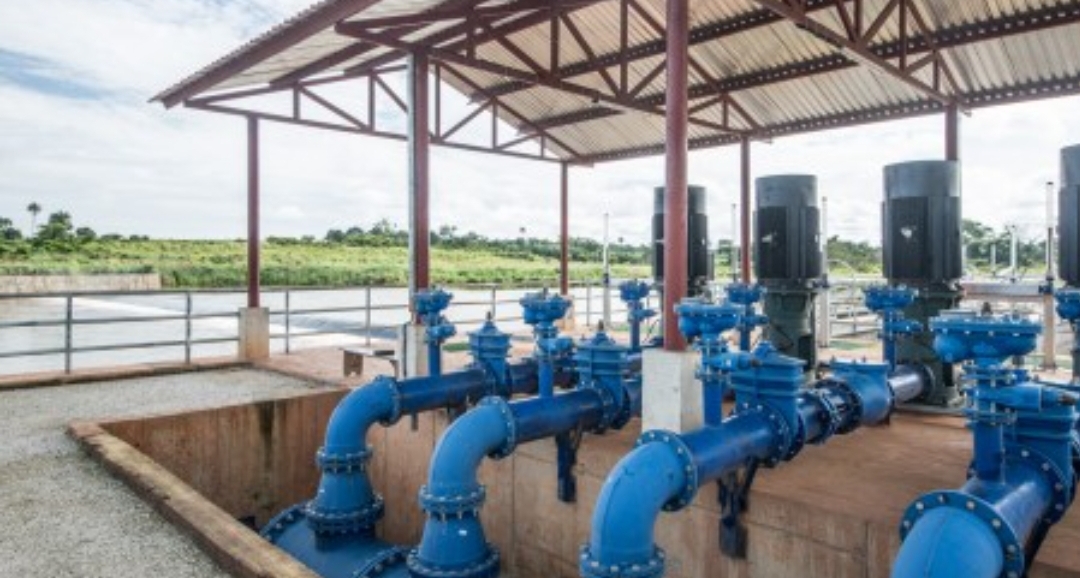President Bola Tinubu may soon cut the importation of meat into the country by about 50 percent. The objective is to encourage increase in economic activities in the county, boost revenue, and address food insecurity, as well as stem greenhouse gas emissions. The plan to reduce reliance on imported meat was highlighted during a key meeting between the country’s Special Presidential Envoy on Climate Action, Ajuri Ngelale and the Country Director of ProVeg International, Hakeem Jimo in Abuja on Monday.
Ngelale said that 50 per cent of all meat consumed in Nigeria is currently imported. This indicate Nigeria is highly dependent on foreign meat which negatively impacts the country’s economy, contributes to global greenhouse gas emissions, as food systems are responsible for up to 25 percent.
Ngelale said. “I welcomed the Country Director of ProVeg International, Mr Hakeem Jimo, who exchanged views with me on how we can generate tangible value from reviewing food systems that globally contribute up to 25 per cent of all greenhouse gas emissions at a time when nearly 50 per cent of all meat consumed in Nigeria is imported. Sustainable agricultural practices and food system alignments can minimise forest destruction and biodiversity loss”.
Ngelale said the creation of a new industrial ecosystem for biomass in the country, in close collaboration with technical partners and investors, was a major area of opportunity being sought by the country.
In addition, Ngelale during a meeting with the envoy and representatives from the World Economic Forum (WEF), including Mr. Chido Munyati, Head of Africa, and Ms. Abir Ibrahim, Africa’s Regional Agenda Lead, highlighted discussions centred on Nigeria’s value chain localisation initiative and potential collaborations between the private sector in developed markets and key Nigerian stakeholders. This is believed to be capable of fostering new wealth-creating industries supported by localised supply chains.












